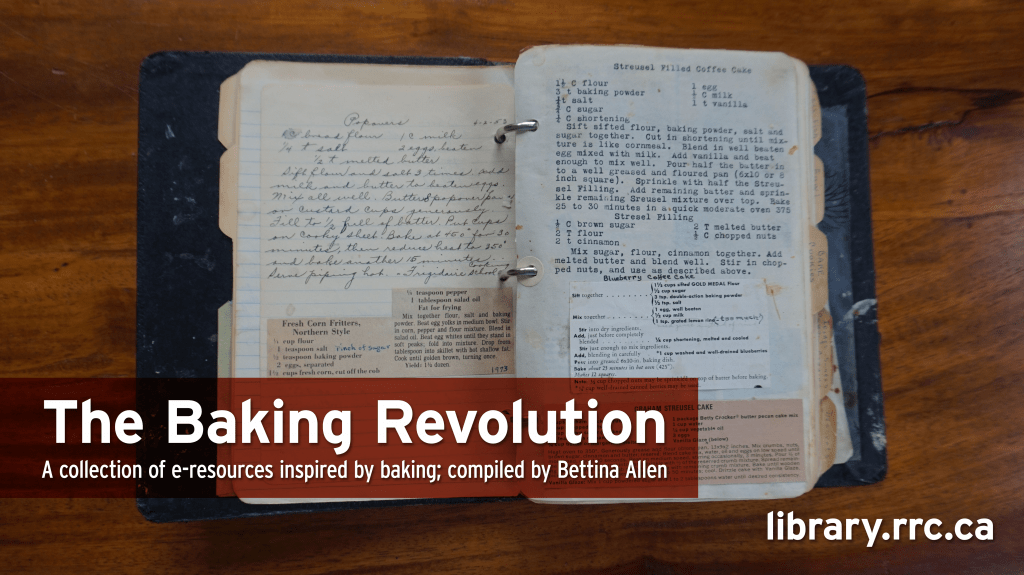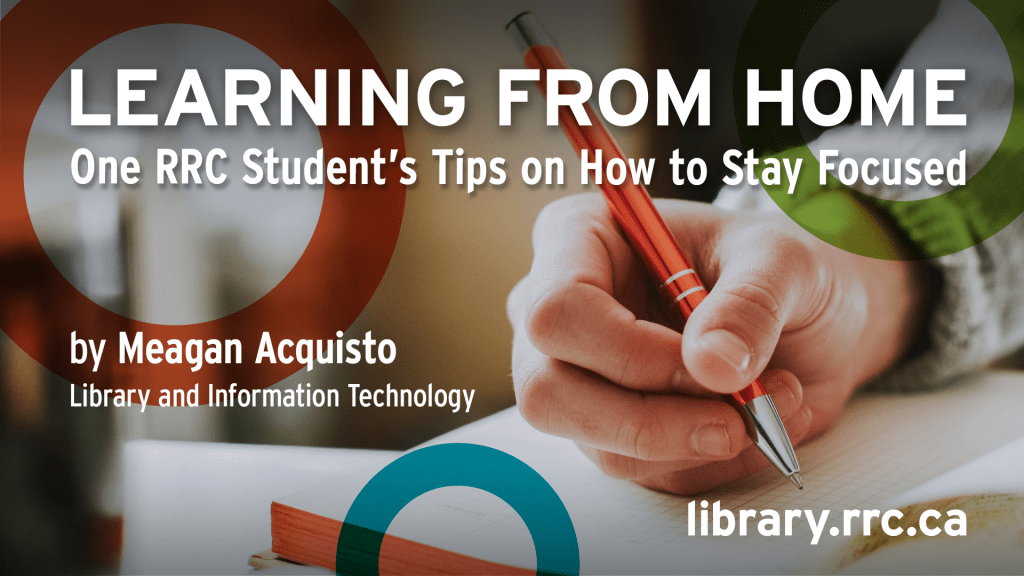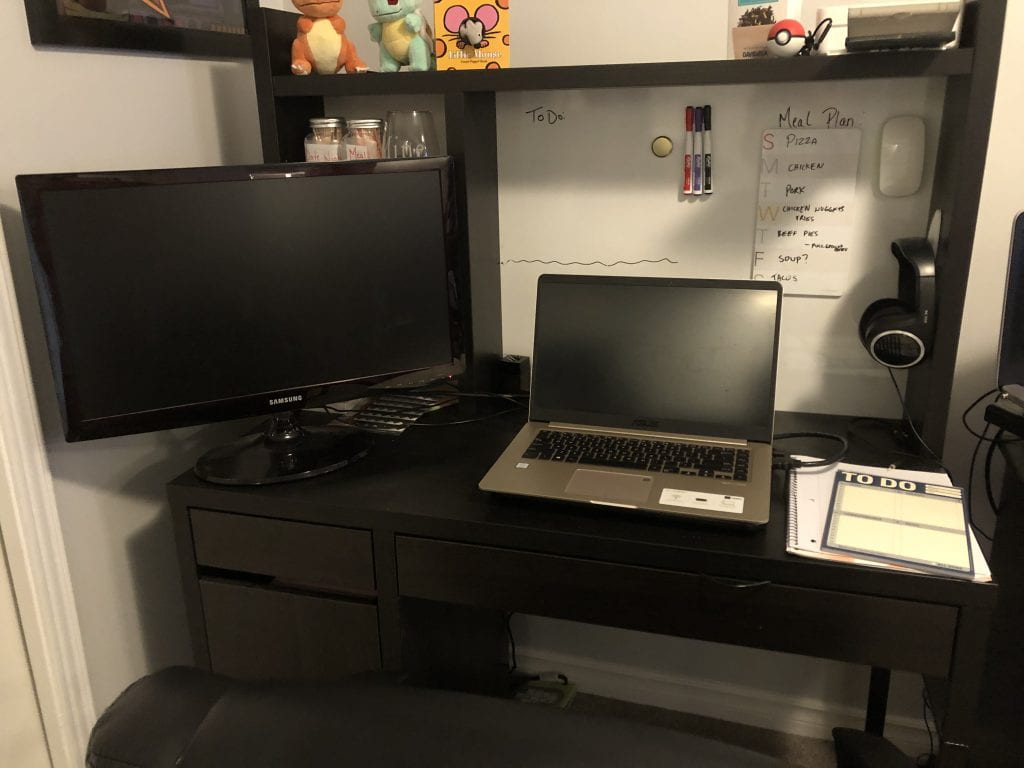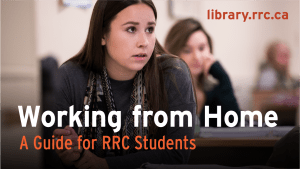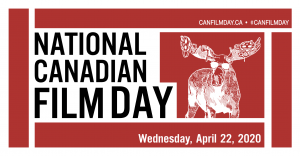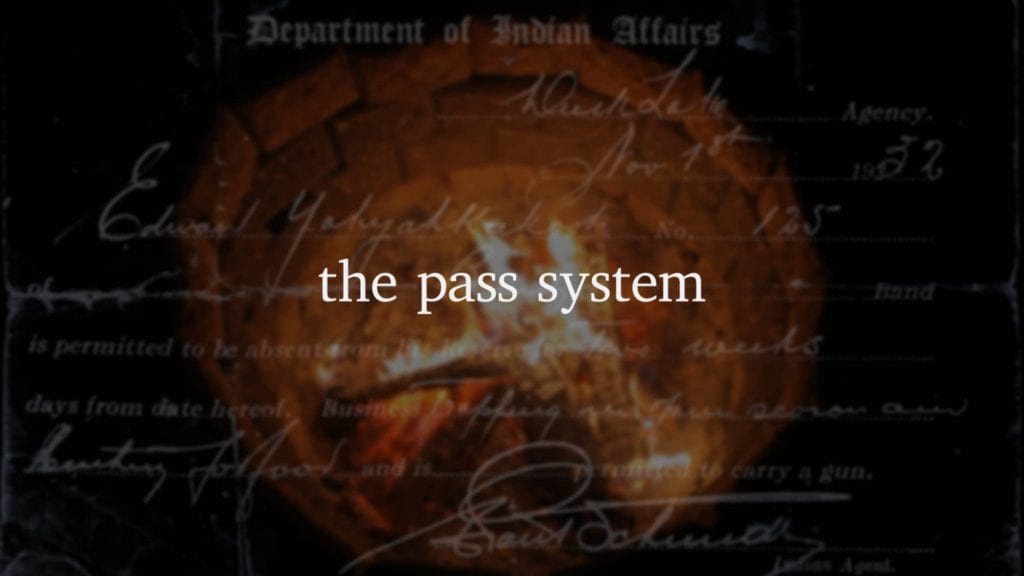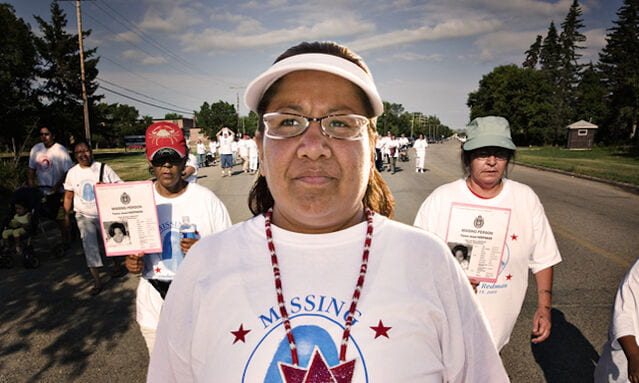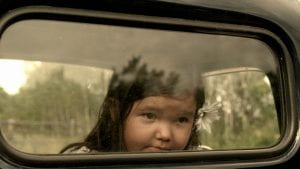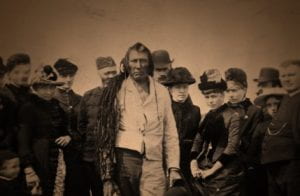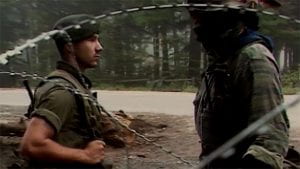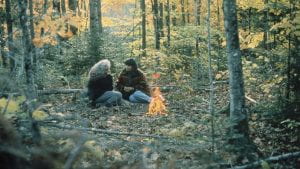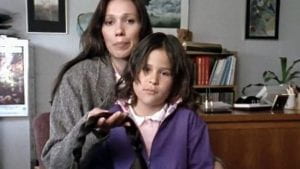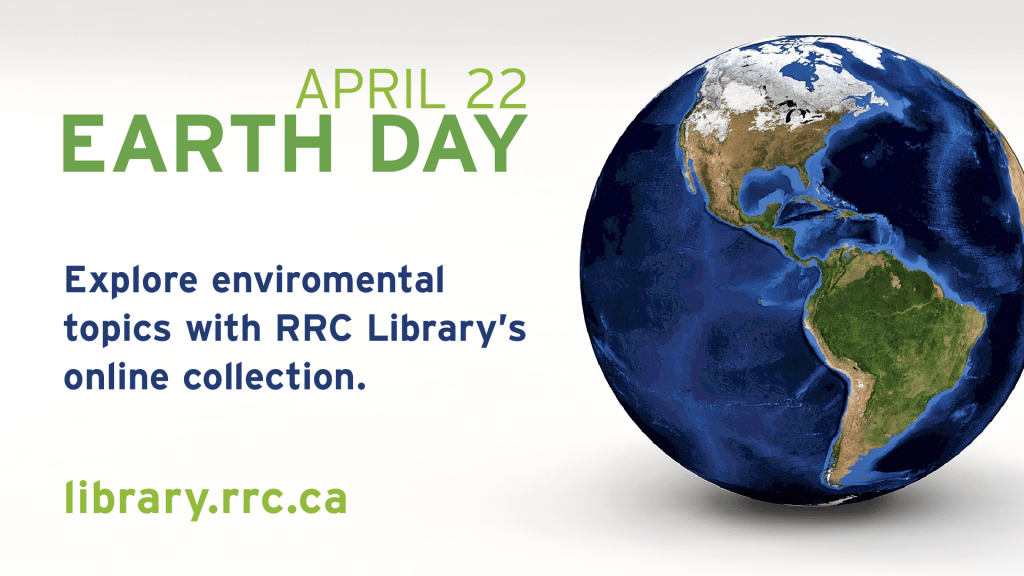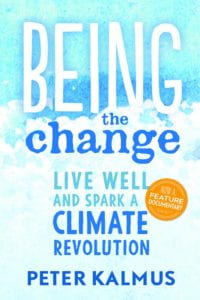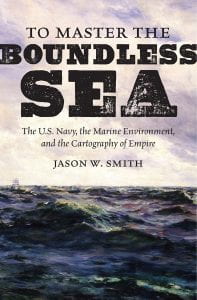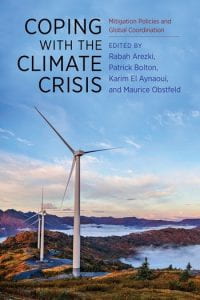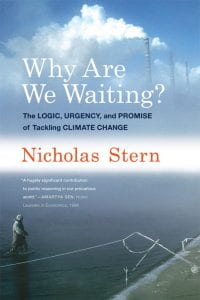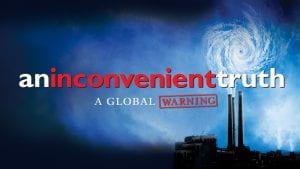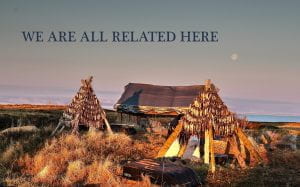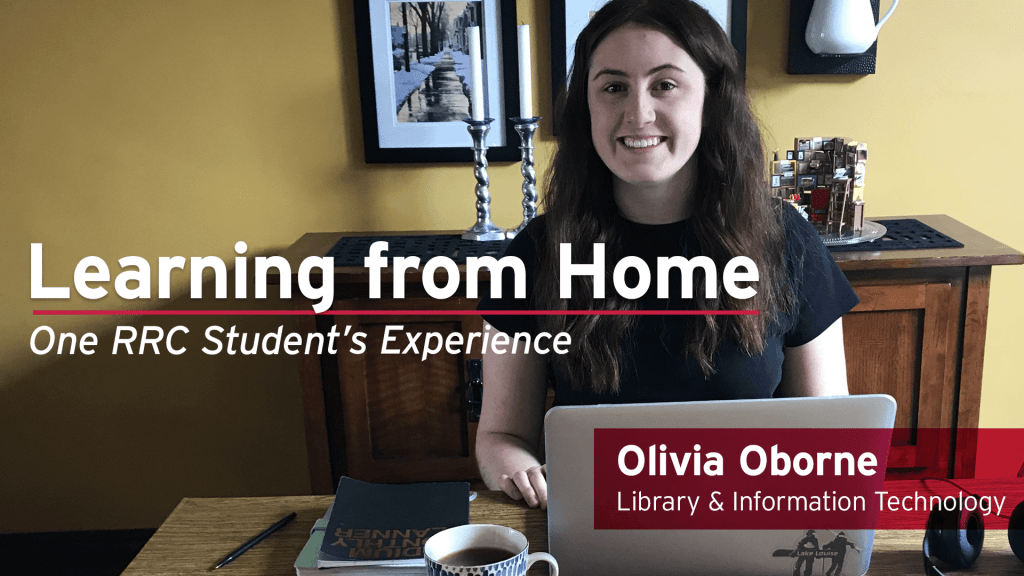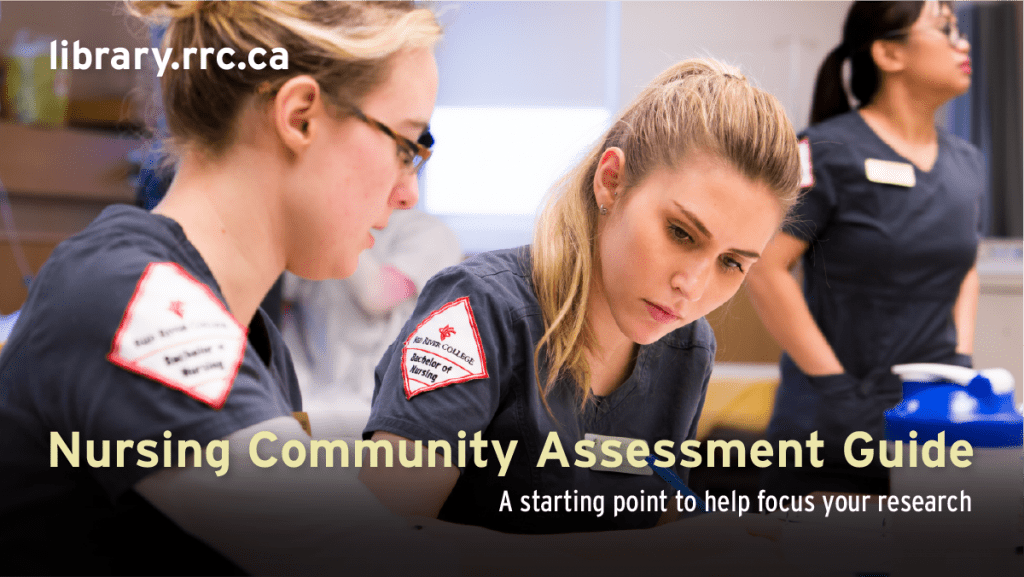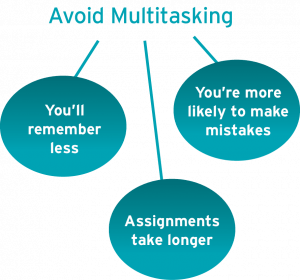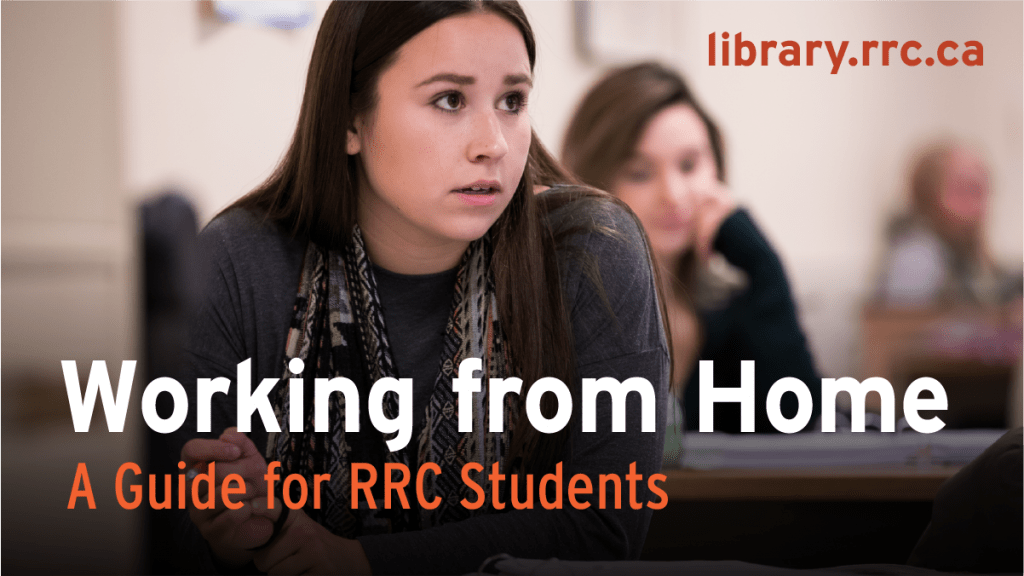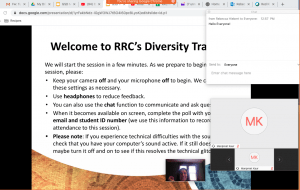Indoor Gardening for Ultra-Beginners
Written by Olivia Oborne
As I settle into my new normal of working from home, I find myself looking for different projects to do around the house. Three weeks ago, I was craving a homemade margherita pizza when it dawned on me: what if I try to grow my own herbs?
As someone who would classify themselves as an ultra-beginner in gardening, I knew I would be lost if I started without doing some research.
Countertop Gardens: Easily Grow Kitchen Edibles Indoors for Year-Round Enjoyment
by Shelly Levis

This is a great eBook that I found in the RRC Library collection. It explains how to grow different herbs and vegetables in your home! It also has some easy recipes, as well as gorgeous countertop growing devices! So far, I’ve started with basil, and plan to grow mint and rosemary soon! Who knows, I might even try growing potatoes in my house because this book introduced me to cute decorative burlap grow bags. Check them out on page 91.
For More Experienced Gardeners
For those who are more advanced in the world of gardening, the RRC Library has eBooks for you as well! Below are a few of them. You can find descriptions and links to these eBooks under their cover images.
Want to find more? Try entering gardening keywords in OneSearch (Tip: To limit to e-resources, click the Available online filter on the left side).

101 Organic Gardening Hacks: Eco-Friendly Solutions to Improve any Garden
by Shawna Coronado
Top tips, tricks, and solutions to save time, upcycle items in your garden, and more.
How to Grow Perennial Vegetables: Low-Maintenance, Low-Impact Vegetable Gardening
by Martin Crawford
Advice for growing and maintaining all kinds of perennials.
Have a question? Ask Us!
While the Library’s physical doors are closed, the online service desk is still  running and is ready to serve you. Staff are online during the following hours:
running and is ready to serve you. Staff are online during the following hours:
Monday – Thursday 7:30am – 8:00pm
Friday 7:30am – 4:30pm
Saturday 8:30am – 4:00pm
During this time, a staff member is available to chat or answer your email. To chat online, visit library.rrc.ca and click on the Ask Us button or send an email to library@rrc.ca.

